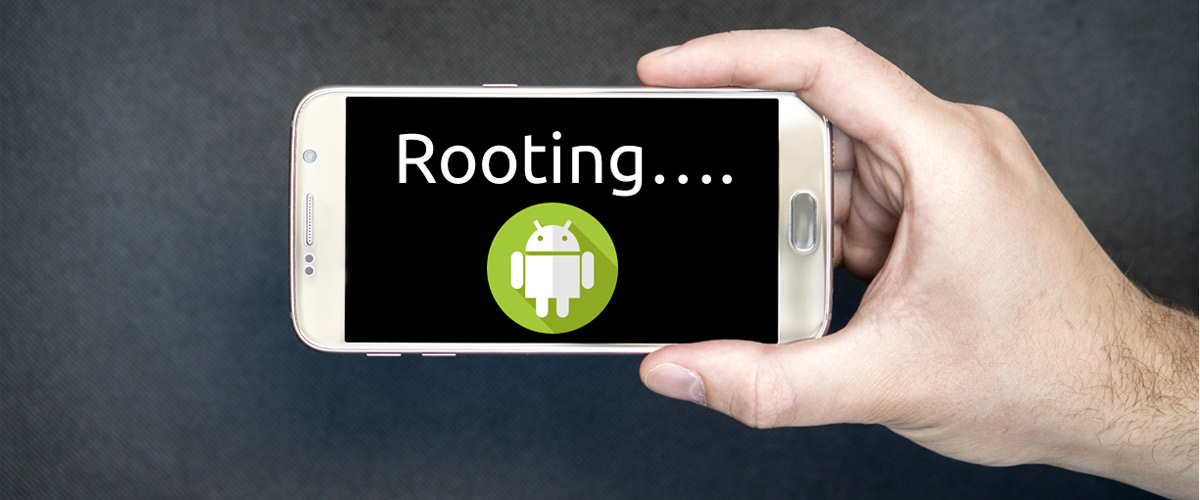To get started, let's figure out what the root is. This is the traditional name of the account, which gives the user the opportunity to fully control the system. Thus, rooting is the process of obtaining root rights, which provide access to hidden advanced administrative options. Simply put, you can view all Android system files and modify them as you wish.
For better management of rooted devices, you can use special applications, for example, SuperUser or SuperSU, as well as more advanced than standard Android devices recovery modes such as CWM(ClockWorkMod) and TWRP(Team Win Recovery Project). To help you understand whether you should root your phone or not, let's look at the pros and cons of this operation.

- The advantages are the following:
- You can make any system modifications
- It allows you to completely backup your device
- You can install any custom ROM and special apps that enhance your experience of using phone
- It gives you full control over applications, including the ability to backup, restore, and batch edit applications, as well as to move them on a memory card
- You can also remove any preinstalled app and bloatware
- It allows you to control a lot of visual aspects, for instance, the initial screen, animation or fonts
- As to disadvantages:
- This may cause system instability as a result of an error or improper actions
- Rooting leads to loss of warranty. Manufacturers do not cover damage caused after rooting device
- It increases the phone vulnerability to malware
Root your device if you are sure that you are ready to handle all the unpredictable issues it may cause or don't root if you think that all these advantages are not worth it.

0Comments